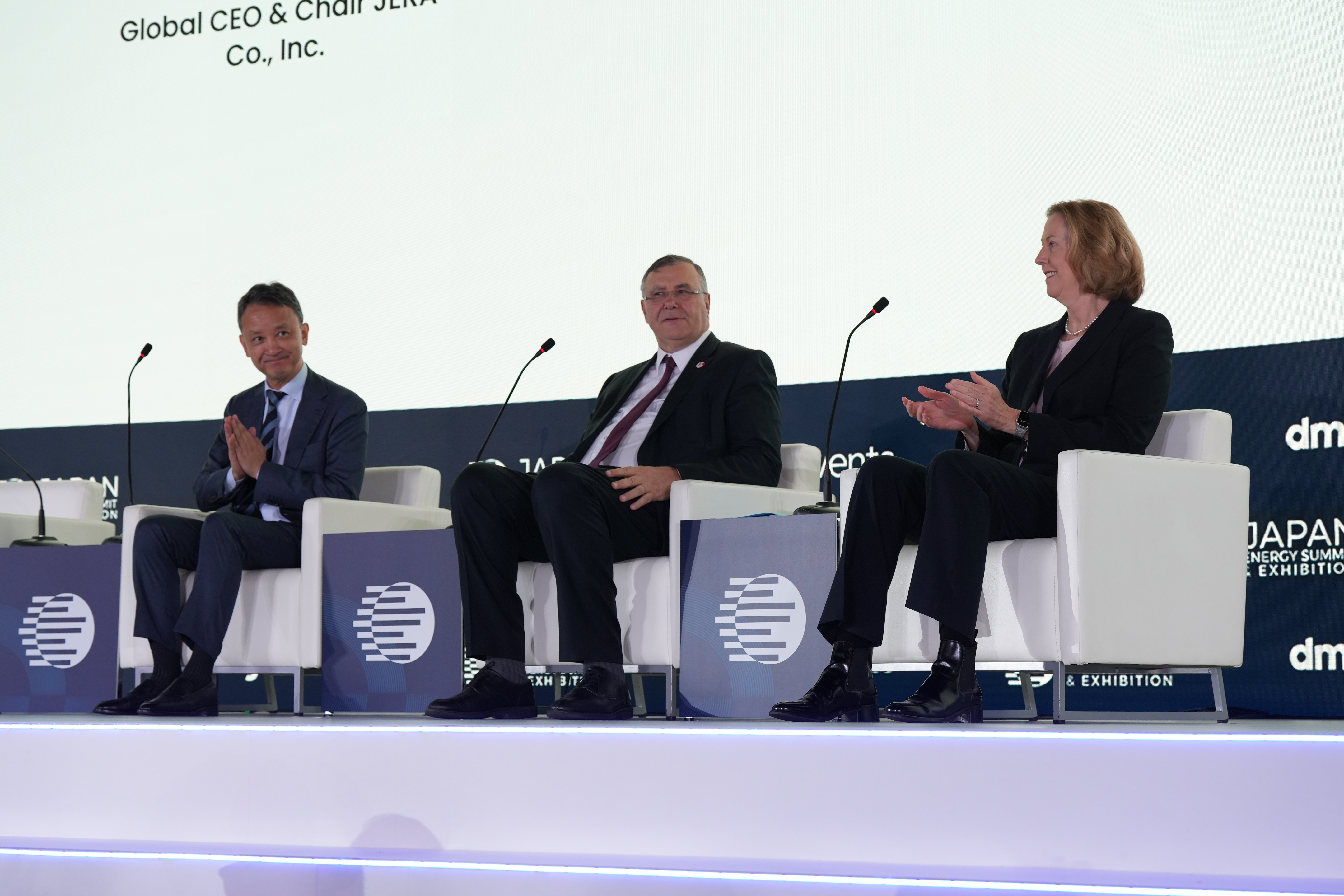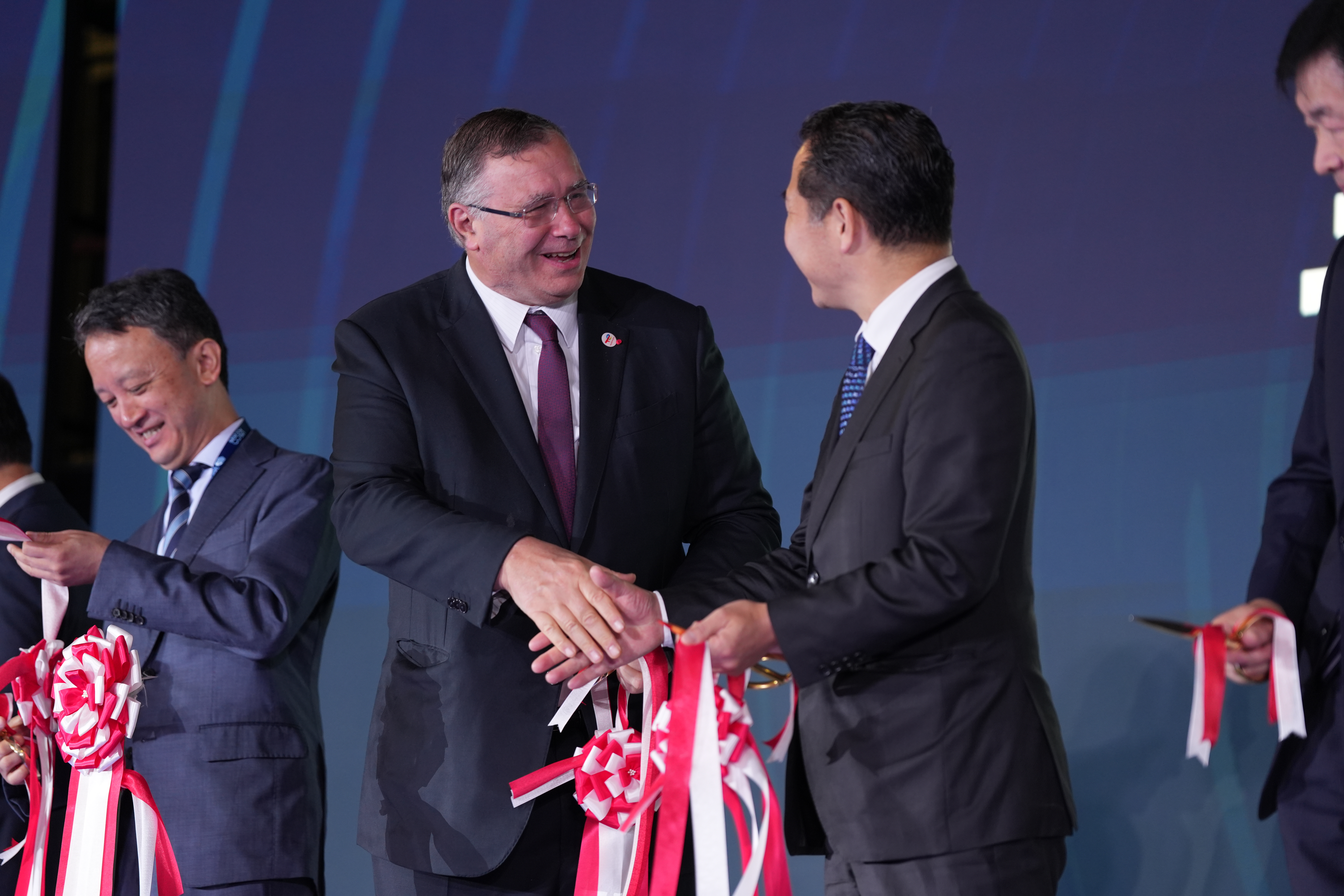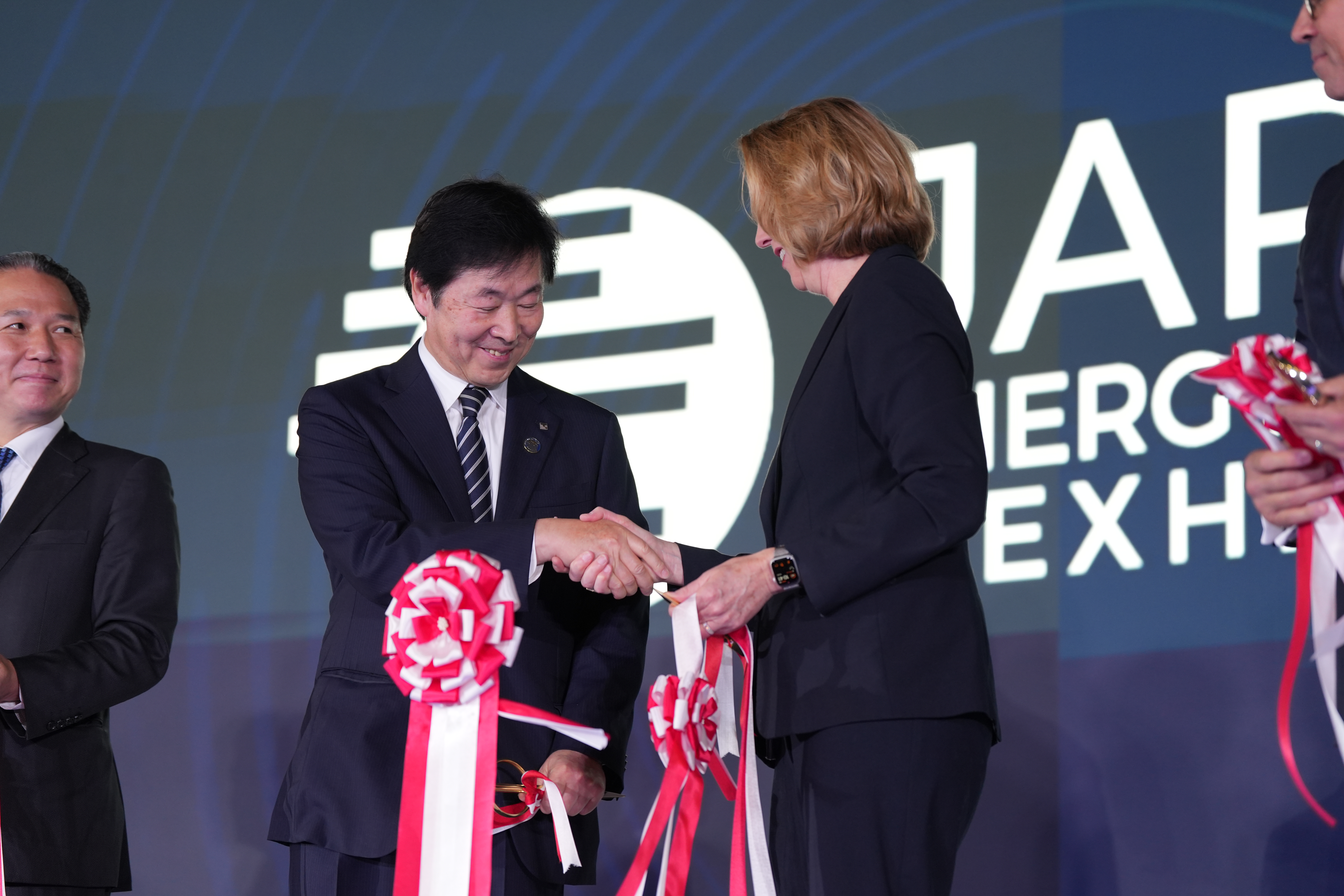Global CEOs at Japan summit: diversifying supplies key to energy security
The diversification of energy supply and sources is the key to ensure the security and stability of the global energy sector as geopolitical headwinds bring more market volatility, according to global energy CEOs speaking at the opening panel of the Japan Energy Summit & Exhibition in Tokyo on Tuesday.
“Diversification is the main key, and TotalEnergies has diversified sources to meet demand. In LNG alone we have more than 11 projects, and so far the supply from the Middle East, specifically Qatar, hasn’t been impacted and hopefully it won’t be,” said Patrick Pouyanné, Chairman and Chief Executive Officer of TotalEnergies.
“It’s quite difficult to anticipate what will happen, but the duty remains to provide the energy that the market needs. The Russian conflict proved that this is possible, but it will come at a higher price,” Patrick added.
He was speaking at the Global CEO Panel titled Securing tomorrow: A vision for sustainable growth in the energy sector during the opening ceremony of Japan Energy Summit & Exhibition 2025 at Tokyo Big Sight. Patrick was joined by a stellar line-up that included Yukio Kani, Global CEO & Chair of JERA, and Meg O’Neill, CEO & Managing Director of Woodside Energy.

“Energy prices are always at the centre of any conflict, and this puts an emphasis on the importance to continue building long-term relations during challenging times so there can be an appropriate response,” Meg O’Neill said in her comments on the impact of the escalation in Israel-Iran tensions. “We should not forget that we are facing two conflicts: the Russia-Ukraine and the recent one in the Middle East,” she added.
According to Yukio Kani, there could be a local impact of the conflict due to the limited inventory of 10 days in Tokyo Bay, although the reliance of Japanese energy supply from the Middle East is not substantial. However, if supplies get impacted, it could create a major problem due to the reliance of Japanese energy companies on continuous exports, he said.

Weighing in on the critical importance of diversifying supplies, Patrick underscored how TotalEnergies had built a very diversified network of energy sources. “Since the Russian conflict we were forced to find different sources and we have since then found 30% new capacity from new sources. One of the main regions now is the US and the relation with them is stable and built on trust. Another example of a promising source is Mozambique,” he said.
Yukio similarly highlighted how JERA doesn’t rely on “one country, one region, one project” any more, and has aggressively worked to diversify sources. “Diversification is the key,” he said, adding that the company was also evaluating the Alaska LNG project scope.
Running from June 18 until June 20 at Tokyo Big Sight, Japan Energy Summit & Exhibition 2025 saw a busy opening day on Tuesday, convening senior leaders from government, finance, and industry to align policy and commercial strategy.
According to Meg, such alignment was most critical in pursuing a sustainable future for the industry, while remaining realistic on the prospect of growing energy demand.
“We can expect a big price sensitivity in the short term [in the pursuit of net zero goals],” she said. But Woodside was driven mostly by long-term fundamentals and growing economies which will enable access to energy to millions of people who don’t have it now, and all this will continue to push the demand, she said. “In this context LNG becomes more important, due to the benefits of emissions of transitioning to LNG from coal,” Meg said.
On the question of US President Donald Trump influencing their decision for investing in Louisiana LNG, she said: “It’s certainly good to have a President who is pro-energy, but the decision to invest there was made a year before the election. Louisiana LNG is a very competitive project, and so it’s the US in general for LNG, lower cost, and efficient projects. We go where the market conditions are favorable and having President Trump does help to make those decisions, but again we are driven by the long-term fundamentals.”
Yukio underscored the need for being realistic, as demand is growing, and the LNG supply pipeline after 2030 is limited Qatar and the US.

The global investment roadmap of TotalEnergies is similarly divergent, Patrick said. “Rio Grande is a big project for us, bringing a great gas reserve at low cost. We are also looking at Canada… we always look at the advantages of cost, but also look at the sustainability, as its essential to tackle the methane challenge. For instance, we are developing a new low-emissions project in Oman,” he said.




